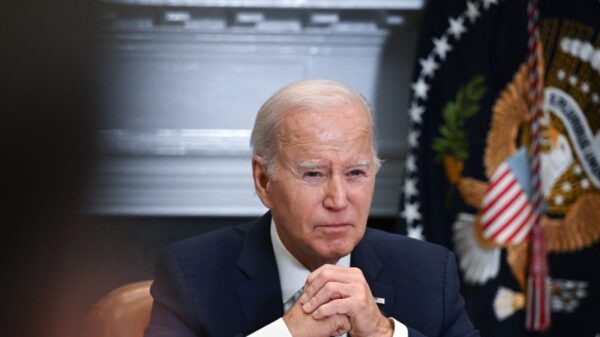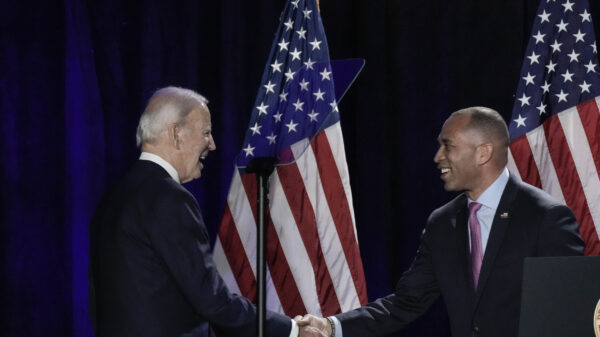Various sources reported that the White House did press Israel to change its strategy during several pauses in the 2021 Israel–Palestine conflict.
Reuters reported on May 17 that the White House pushed for a “sustainable ceasefire” during the ceasefire negotiations, which would involve “each side making commitments to alleviate the underlying conflicts” between the Israelis and Palestinians.
CNN reported on May 21 that Biden administration officials had held secret talks with Palestinian and Israeli officials. According to the report, officials from the White House National Security Council “pushed both sides for concessions” during these talks, including a “change in approach” to the conflict by the Israeli side.
The New York Times reported on May 23 that, during Senior White House official Hady Amr’s trip to the region, he “pressed Israeli leaders to take steps to ease tensions — such as ending the blockade on Gaza and being less aggressive in their airstrikes and bombing campaigns.”
Haaretz reported on May 25 that the White House had “urged Israel to end its bombing of Gaza, to commit to avoiding escalation, and to turn a temporary cease-fire into a sustainable one.” The report also noted that the White House was credited with driving Israeli Prime Minister Benjamin Netanyahu to agree to the terms of the 72-hour ceasefire that ended the hostilities.
In summary, various sources reported that the White House pressed Israel to change its strategy during several pauses in the 2021 Israel–Palestine conflict. This reportedly included urging Israel to end airstrikes and bombing campaigns, end its blockade of Gaza, and commit to a path to de-escalation.































